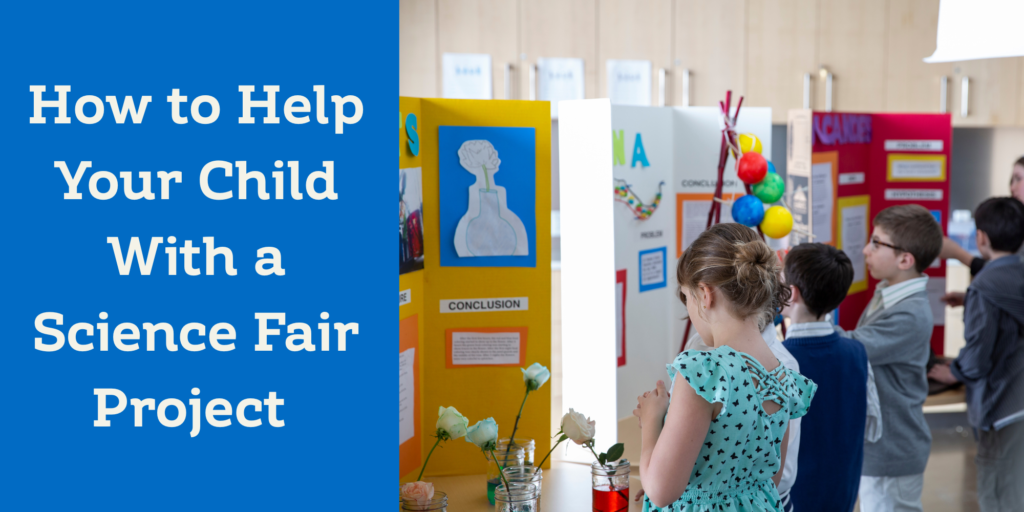“Science education supports cognitive development and correlates with improved academic outcomes. “(IOJET)
According to the CfEY (Centre for Education and Youth) informal science education such as home experiments, supports persistence and resilience, skills that are valuable beyond school years.
I’m a big fan of science. That might be a bit biassed but it’s pretty evident that introducing science or STEM to children has major positive impacts. I could probably talk all day on the subject but for the sake of your precious time I’ll get straight to the point. Here are the five key reasons why you should encourage your child to take an interest in science or STEM subjects.
1. Science Sparks Creative and Critical Thinking
Science teaches kids to question, explore, and think critically. Engaging in scientific learning early on encourages curiosity and inquiry. Research highlights how hands-on, inquiry-based science activities improve retention and comprehension, setting a strong foundation for learning other subjects too.
When children engage with science, they learn to approach problems creatively and examine them from multiple angles.
- Creative Exploration: Through activities like experimenting with colours or building simple circuits, children develop curiosity and creativity, skills essential for innovation.
- Critical Analysis: By analysing outcomes and testing hypotheses, kids cultivate critical thinking, which prepares them to make well-informed decisions in life.
2. Science Normalizes Failure as Part of Learning
Science teaches that mistakes are stepping stones to success. Research from the Centre for Education and Youth (CfEY) indicates that early science education fosters a growth mindset by encouraging children to see learning as a continuous process, where failure is just part of the journey.
Through science, kids learn that setbacks aren’t the end but an opportunity to improve, enhancing their resilience.
- Learning from Mistakes: Children exposed to scientific inquiry understand that failure is an opportunity for learning. If an experiment doesn’t go as planned, it’s simply a chance to adjust and try again.
- Building Confidence: This approach to failure builds confidence, teaching children to embrace challenges and persevere through difficult situations.
3. Science Builds Problem-Solving Skills
Science is all about problem-solving, from figuring out why a paper airplane flies to constructing a bridge with blocks. Meta-analyses on science education reveal that engaging with STEM from a young age develops cognitive and analytical skills, allowing children to navigate complex problems more independently
Science teaches them to rely on evidence, test theories, and seek solutions on their own.
- Identifying Solutions: Children who engage with science learn to think systematically, assessing potential solutions to reach a conclusion.
- Boosting Independence: Problem-solving skills developed through science make children more self-reliant and confident in their ability to tackle new challenges independently.
I wrote a blog post about how Problem-Solving is the best skill you can give your daughter – you can read it here.
4. Science Fosters a Growth Mindset
Science activities naturally support a growth mindset by demonstrating that abilities and understanding can develop over time through practice. Inquiry-based learning shows children that improvement comes with effort, supporting resilience and a love of learning.
- Resilience in Learning: Kids with a growth mindset see challenges as opportunities for growth, which drives them to put effort into learning.
- Encouragement of Curiosity: Science nurtures a love for discovery, inspiring children to keep asking questions and pushing their limits.
5. Science Encourages Independent Thinking
Science empowers children to think independently and draw their own conclusions. It teaches kids to trust their observations, which is crucial in forming independent opinions and thinking critically.
- Thinking for Themselves: Scientific inquiry encourages children to observe and hypothesise independently, building confidence in their thoughts.
- Building Self-Confidence: As they explore independently, children gain confidence, learning to appreciate their unique ways of seeing the world. They start to trust their own judgement and become confident in staying true to their own values or ideas.
Conclusion
I believe Science is not just a school subject but rather a tool for life. Girls in particular need to have more exposure to Science and STEM and can really benefit from the outcomes outlined above. Wouldn’t you want to empower your daughter to become an independent thinker especially in today’s world of followers? This is why I created the Hey Smart Girl Book Series. The book teaches real Science in an active hands-on way with experiments and activities. It engages them and sparks their curiosity. Learn more about the book here.
Introducing science to your daughter or son can be a game-changer. It nurtures creativity, resilience, problem-solving, a growth mindset, and independent thinking—essential traits for future success. It’s also a great hobby you can do together and have a lot of fun. I’ll end this post with a quote from another passionate science mom Shelley Brewer of STEAM Powered Family “ Children thrive when we instil a love of learning, encourage a passion for thinking, and foster an insatiable curiosity.” Shelley Brewer – STEAM Powered Family.
Opinion? Here’s a big question, should we be putting as much emphasis on science as we do on sports? Let me know your thoughts below:







